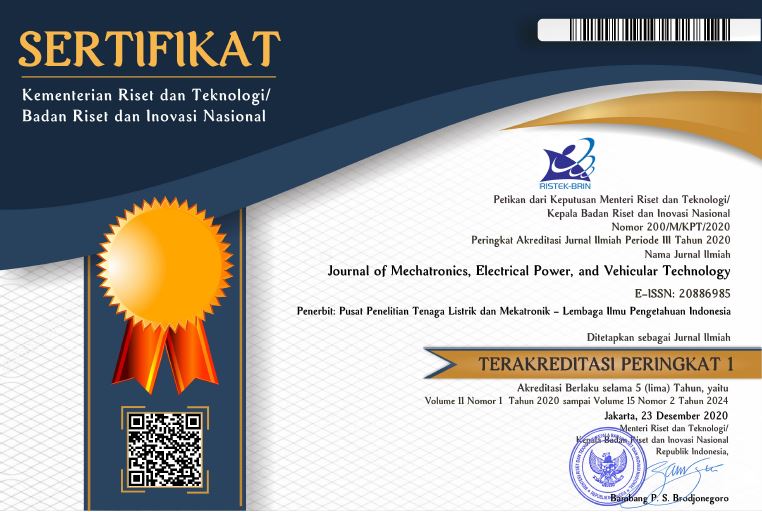Peer Review Policy
Scope & Workflow
MEV uses an online submission and review system for all manuscripts and all editorial communications. The Editorial Board ensures that peer review is conducted fairly, rigorously, and in a timely manner.
Focus & Initial Assessment
Submissions must fit MEV’s focus and scope and meet basic scholarly standards. Editorial screening considers scientific quality and relevance before external review.
Reviewer Selection & Conflicts of Interest
Reviewers are chosen for subject-matter expertise and impartiality. All invited reviewers must disclose potential conflicts of interest (COI); editors evaluate disclosures and reassign reviews where bias may arise. MEV follows best-practice guidance to avoid fraudulent reviewer identities.
Review Model & Confidentiality
MEV operates double-blind peer review: reviewers do not know author identities and authors do not know reviewer identities. Manuscripts, reviews, and editorial communications are confidential and must not be shared outside the review process.
Review Criteria
Reviews assess novelty, methodological soundness, objectivity, clarity of presentation, validity of conclusions, and quality/appropriateness of references (and data, where applicable).
Number of Reviews & Decisions
Research articles are typically evaluated by at least two independent reviewers. Editors may seek an additional opinion (e.g., a third review) when needed. Editorial Board will evaluate the reviewer’s comment and then send the FINAL decision (accept, revision needed, resubmit for review, or reject) regarding the submission to the corresponding author based on reviewer’s recommendation.
Integrity Checks (Similarity & Ethics)
All submissions are screened with Crossref Similarity Check powered by iThenticate. Editors may request clarifications on ethics approvals, data availability, or image integrity where applicable.
Use of AI Tools in Peer Review
Reviewers must not upload confidential manuscripts or reviewer materials to public AI systems. If institutionally approved, privacy-preserving tools may be used for drafting or checking language; any use must be disclosed to the editor, and the reviewer remains fully responsible for the content and confidentiality of the report.
Ownership & Reuse of Peer-Review Materials
- Reviewer reports: Reviewers retain copyright in their reports. By submitting a review, the reviewer grants MEV (BRIN) a perpetual, worldwide, royalty-free license to use, reproduce, distribute to authors/editors, store, index, and preserve the report, and to use anonymized excerpts for editorial training and policy communication.
- Open peer review (when applicable): If MEV elects to publish peer-review reports, this will be done only with reviewer consent (anonymized or named, as the reviewer chooses). Published reports will carry a stated license (default CC BY-NC-SA 4.0). Reports without consent remain confidential and unpublished.
- Author rebuttals: Copyright remains with authors. By submitting a response, authors license MEV to store, use for decision-making, and preserve the record; if published, a license will be stated on the page/PDF.
Conflicts of Interest & Disclosures
Authors and reviewers must follow the journal’s COI policy. Editors manage COI declarations and may decline or reassign manuscripts/reviews to preserve impartiality.
Appeals & Complaints
Authors may appeal decisions or raise concerns about the review process by emailing jmev@brin.go.id. Appeals should present specific, substantive grounds (e.g., a factual error). Complaints about ethics or conduct will be handled in line with COPE-aligned procedures.
Support
MEV’s Editorial Board provides guidance to authors and reviewers throughout the process. All correspondence and file exchanges must occur through the journal’s online system.














